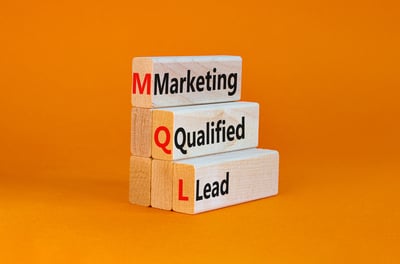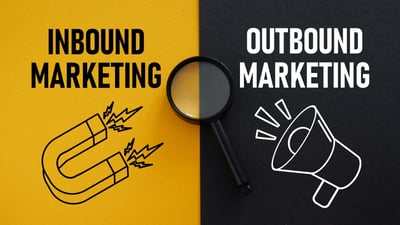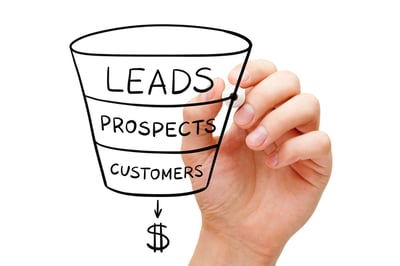
Product Qualified Leads (PQLs): Definition, Calculation, and Benefits
Product Qualified Leads (PQLs) differ from conventional lead-generation strategies by prioritizing user engagement with the product as a primary indicator of sales-readiness. Unlike Marketing Qualified Leads (MQLs) and Sales Qualified Leads (SQLs), PQLs are assessed based on their active interaction with the product, indicating a bigger likelihood of conversion.
Read More »
Marketing Qualified Leads (MQLs): Definition, Qualification Criteria
A Marketing Qualified Lead (MQL) is a lead that has been evaluated by the marketing team as having a higher likelihood of transitioning into a customer compared to other leads. This assessment is grounded on a set of predefined criteria. This typically includes the lead's engagement with the company's marketing content—such as visiting specific web pages, downloading content offers, clicking on calls-to-action (CTAs), and interacting with social-media posts.
Read More »
Sales Qualified Lead (SQL): Definition, How to Qualify, and Importance
Most organizations have a standard process for transferring a lead from the marketing team to the sales team. This typically occurs when a lead transitions from being a marketing qualified lead (MQL) to a sales qualified lead (SQL).
Read More »
How To Generate Sales Leads: Strategies and Best Practices
Sales leads fall under the execution portion of any successful sales strategy. In increasingly differentiated and competitive marketplaces, businesses can only advance by proactively converting prospects into revenue-generating customers.
You can effectively generate high-quality sales leads, increase conversion rates, and drive business growth by incorporating proven strategies and best practices into your strategy.
Read More »
Inbound vs. Outbound Leads: Definitions, Examples, and Key Differences
Inbound and outbound lead generation are two distinct approaches to acquiring potential customers. Inbound focuses on attracting prospects through valuable content, while outbound employs interruptive tactics to reach them. Knowing the differences between inbound and outbound lead generation is essential, regardless of whether your goal is to get quick leads through direct communication or to establish trust through instructional content.
Read More »
MQLs vs. SQLs: Definitions and Key Differences
Marketing qualified leads and sales qualified leads (MQLs and SQLs, respectively) are important potential customers for your company. MQLs are those who have shown interest in your offerings through various marketing efforts, while SQLs are those deemed ready for direct sales engagement based on specific criteria. By gaining insights into MQLs and SQLs, businesses can optimize their lead generation and conversion strategies and improve sales performance.
Read More »
Lead Scoring: Definition, How To Score, and Lead Scoring Models
Lead scoring is a strategy used to rank prospects according to their potential to become customers. It involves assigning numerical scores to each lead based on various attributes, including: demographic information, engagement with the brand's digital presence, and other behaviors indicative of their interest. This system helps sales and marketing teams prioritize leads, tailor their outreach strategies, and ultimately, improve conversion rates.
Read More »
The 8 Best Lead Generation KPIs for Managing Your Business
There is a wide seam of advisories and information pieces that guide marketing and sales teams in planning, executing, tuning, and reviewing lead-generation efforts and expenditures. Some of these advisories describe as many as 15 or more key performance indicators (KPIs) that can be used to assess success in terms of return on investment (ROI). Many of these can be differentiated additionally, to refine more indicators that can be useful.
Read More »
Lead Generation vs. Lead Prospecting: Goals, KPIs, Tactics
In sales and marketing, lead generation and lead prospecting are vital processes that lay the foundations for the identification and nurturing of a progression of potential customers. While the two terms are regularly used interchangeably, they represent unique and distinct stages in the customer-acquisition journey.
Read More »








